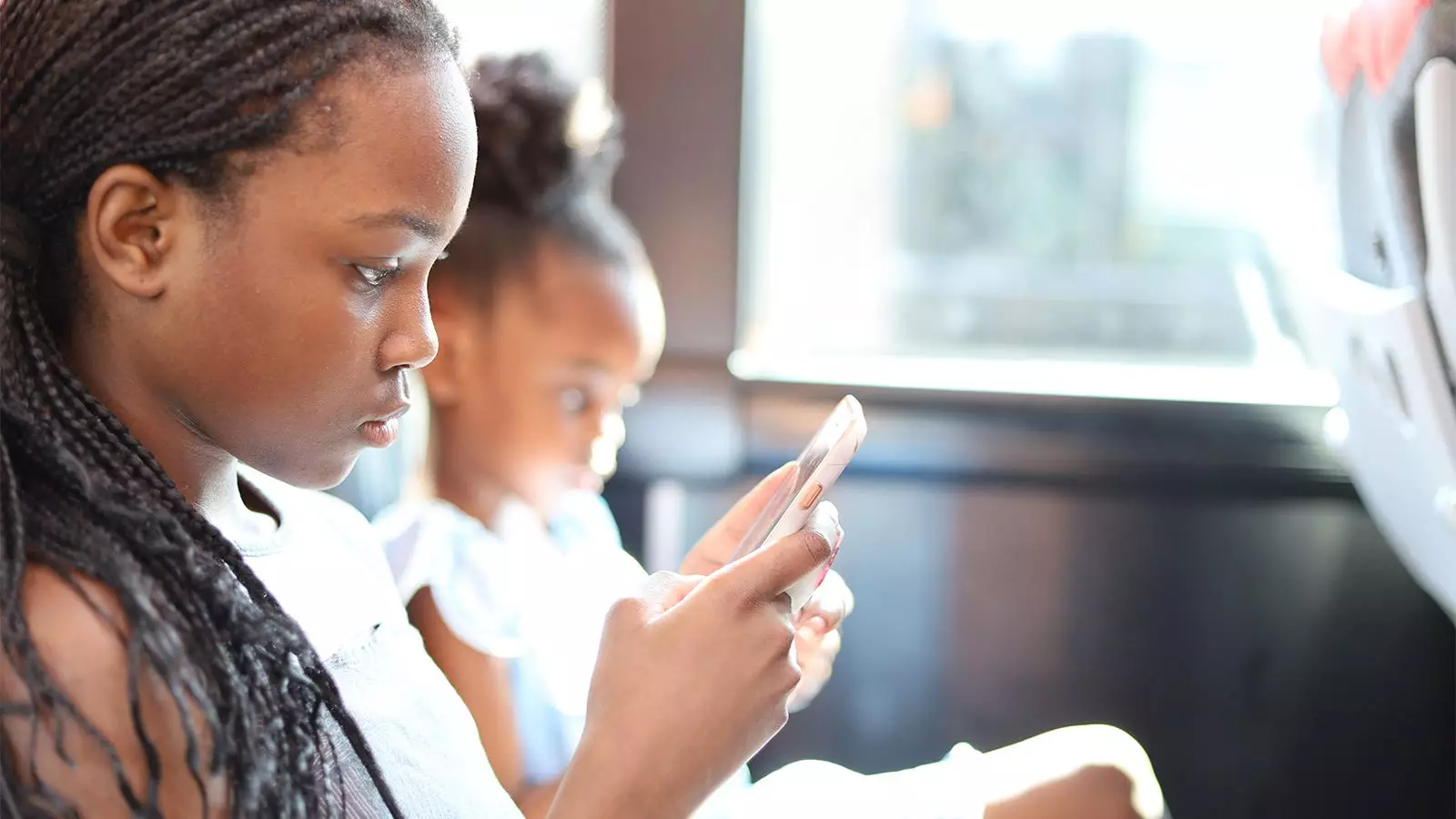The recent New York Times op-ed by Surgeon General Vivek Murthy brought to light the detrimental effects of social media on mental health, especially among adolescents. His call for warning labels on social media platforms sheds light on the issues of anxiety, depression, and social isolation that can stem from excessive use of social media platforms. However, the discussion should not stop there, as it is crucial to delve into the unique experiences of Black teen girls who face compounded challenges due to the intersection of racism and sexism.
Anthropologist Philomena Essed’s concept of “gendered racism” illustrates how racial and gender oppression intertwine, creating a unique set of challenges for individuals at this intersection. For Black teen girls, these challenges often play out on social media, where they are confronted with gendered-racist stereotypes that can lead to lower self-esteem and increased symptoms of depression.
In a study conducted by a collaboration of Yale researchers focused on Black girls navigating social media in pursuit of romantic relationships, it was found that Black girls are often portrayed as less desirable and are bombarded with racist and sexist tropes, even from their peers. This constant stream of derogatory messages and negative stereotypes can deeply impact their self-image and perpetuate a sense of inferiority.
The Impact on Mental Health
Surgeon General Murthy rightly linked social media usage with social isolation and loneliness. However, the virtual environment can be particularly hostile for Black girls, as they are likely to encounter racism and sexism that reinforces feelings of inadequacy and inferiority. This persistent negativity can exacerbate mental health issues and contribute to alarming rates of suicidal ideation among Black adolescent girls and women.
Enhanced reporting and moderation systems:
Implementing advanced AI and machine learning tools to detect and flag harmful content targeted at Black girls, including hate speech, harassment, and discrimination.
Increasing the number of trained human moderators who understand gendered racism on social media platforms to respond promptly to reports of abuse.
Education and awareness for all social media users:
Mandatory training for all social media users on anti-racism and anti-sexism during the account setup process.
Collaborative prevention and educational campaigns to highlight the experiences of Black girls and educate the broader user base on the impact of gendered racism.
Implementing warning labels written in culturally sensitive language to resonate with all users.
Addressing the unique challenges faced by Black teen girls on social media requires a multifaceted approach that involves policy changes, education, and awareness. By implementing stringent measures to combat racist and sexist content, social media platforms can create a safer and more inclusive online environment for all users. Recognizing and addressing the systemic barriers that perpetuate inequality is essential in promoting the well-being of Black adolescent girls in digital spaces. It is only through targeted interventions and inclusive policies that we can hope to dismantle the harmful effects of social media on Black teen girls and empower them to navigate these spaces with confidence.


Leave a Reply